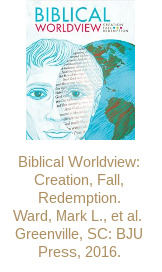The Temples
Many religions had multiple temples, but God revealed a different standard: He only permitted one central sanctuary. Deuteronomy 12:5 (ESV) states, “But you shall seek the place that the Lord your God will choose out of all your tribes to put his name and make his habitation there. There you shall go.” In contrast, an altar was to be built wherever God made an appearance (Exodus 20:24), but not a building. Only certain types of sacrifices could be made upon these local altars.
Although there are many physical and spiritual aspects to the Temple (1 Corinthians 6:19-20, for example), we must limit our focus.
Preventing Confusion: The Temple vs. the Synagogue
Modern Judaism does not use the term “temple” in the same way the Bible does. Jewish congregations often name their synagogues (meeting places) with the title “temple.” Temple Shalom would be an example. In actuality, these synagogues are not temples in the Biblical sense. In the Biblical sense, the Jewish people have not had their Temple since 70 AD.



Discussion